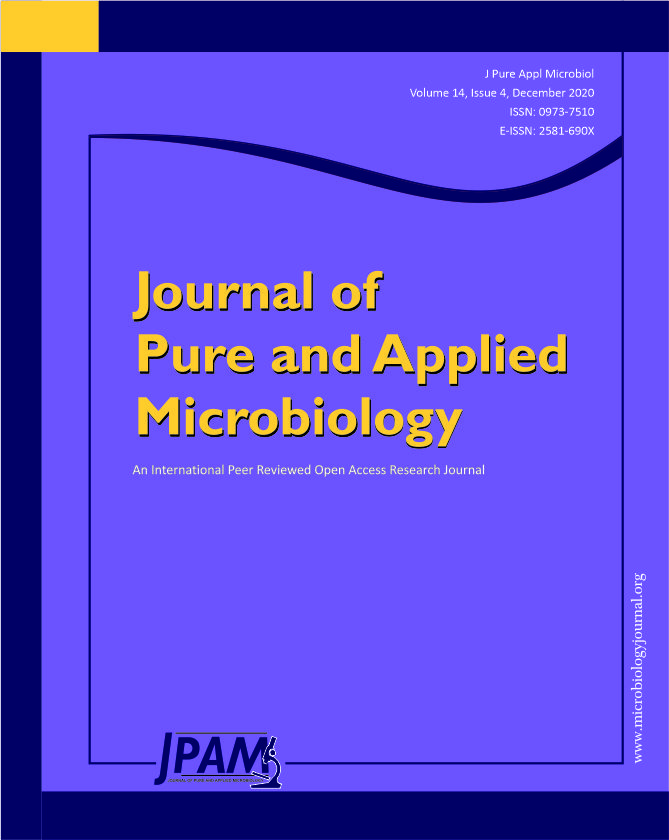Rhizobacteria (PGPR) that promote the plant growth are essential component of sustainable agriculture. Pea (Pisum sativum L.) root nodule Rhizobium leguminosarum bv. viciae ten strains were cultured at two different temperatures (28°C and 45°C). Out of eight strains screened the three N25, N30 and N40 were temperature tolerant while only one strain (N40) showed tolerance to pH11. The growth of Rhizobium strain N40 at 45 °C was 96.8 percent as compared to the growth of the at 28°C. The temperature tolerant strain N40 produced maximum IAA and solubilized insoluble tri calcium phosphate compared to other strains and thus can be used microbial inoculant in biofertilizer technology.
Rhizobium leguminosarum bv. viciae, indole acetic production, phosphate solubilization, temperature, pH tolerance
© The Author(s) 2020. Open Access. This article is distributed under the terms of the Creative Commons Attribution 4.0 International License which permits unrestricted use, sharing, distribution, and reproduction in any medium, provided you give appropriate credit to the original author(s) and the source, provide a link to the Creative Commons license, and indicate if changes were made.


